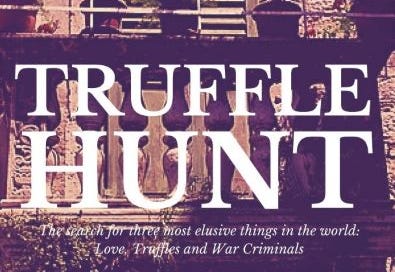Truffle Hunt, Eckhartz Press, 2015
When I began the research for what would become my novel Truffle Hunt in 2011, I was shocked to find that almost 20 years after the war in the former Yugoslavia, they had only just completed the round-up of the war criminals.
Keep reading with a 7-day free trial
Subscribe to Destination Eat Drink to keep reading this post and get 7 days of free access to the full post archives.




